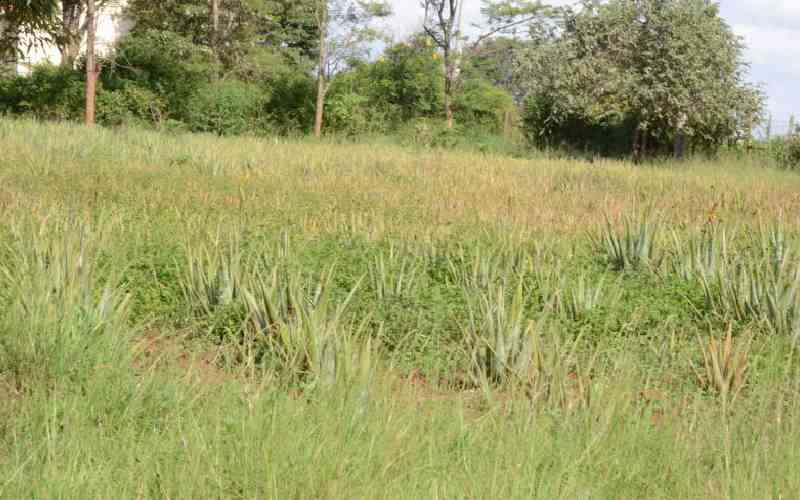×
The Standard e-Paper
Stay Informed, Even Offline

Poor millionaires. This oxymoron applies to most residents in Kiambu and around Nairobi who live in squalor in shacks constructed on pieces of earth worth millions.
Land in Kenya's capital is not cheap. It has never been cheap. Ironically the cosmopolitan nature of Kiambu has always complicated land ownership, giving rise to complex land deals where bulls, sheep, goats, honey and maidens have been used as currency.







